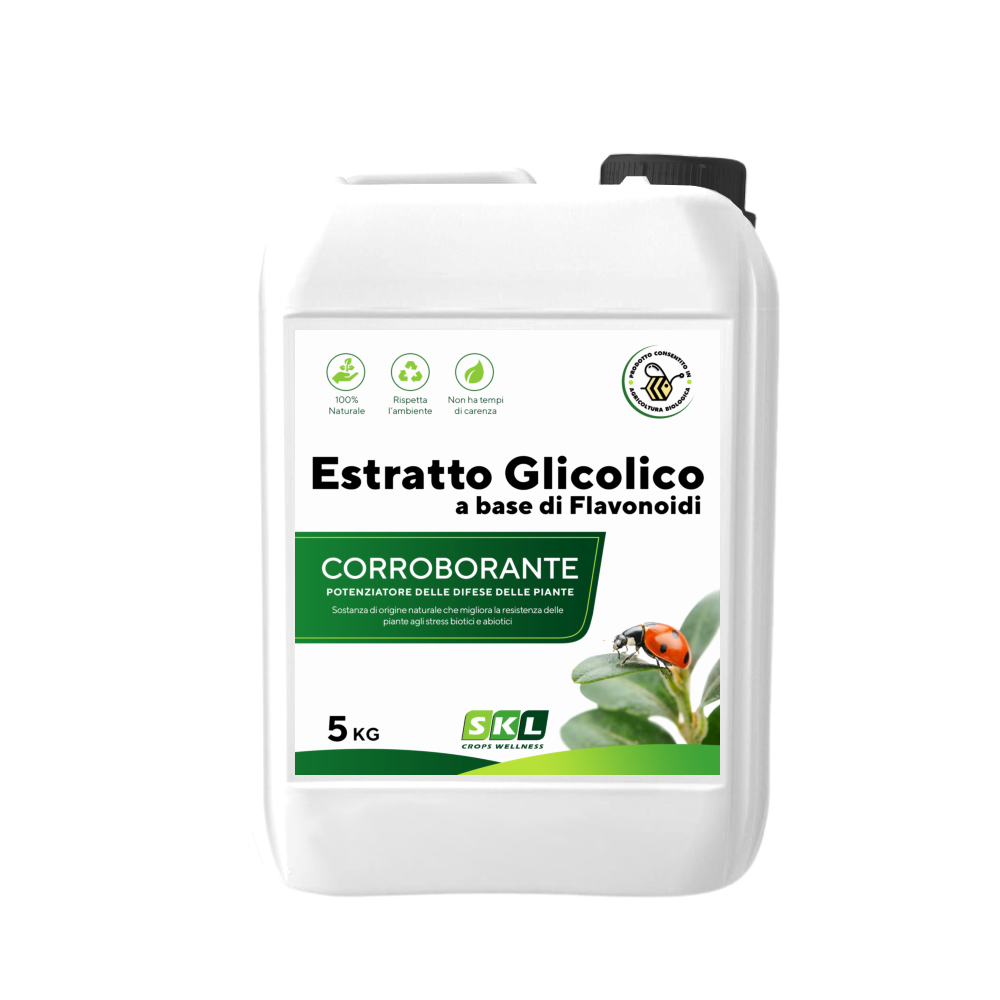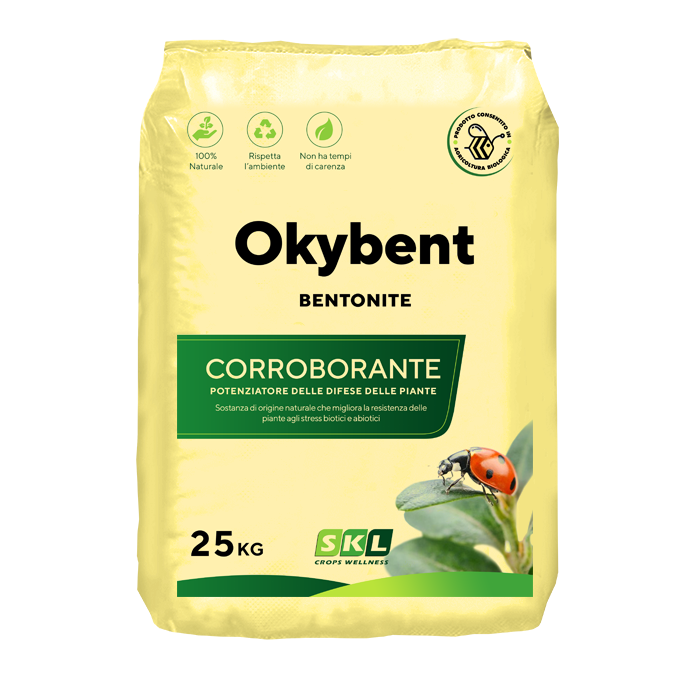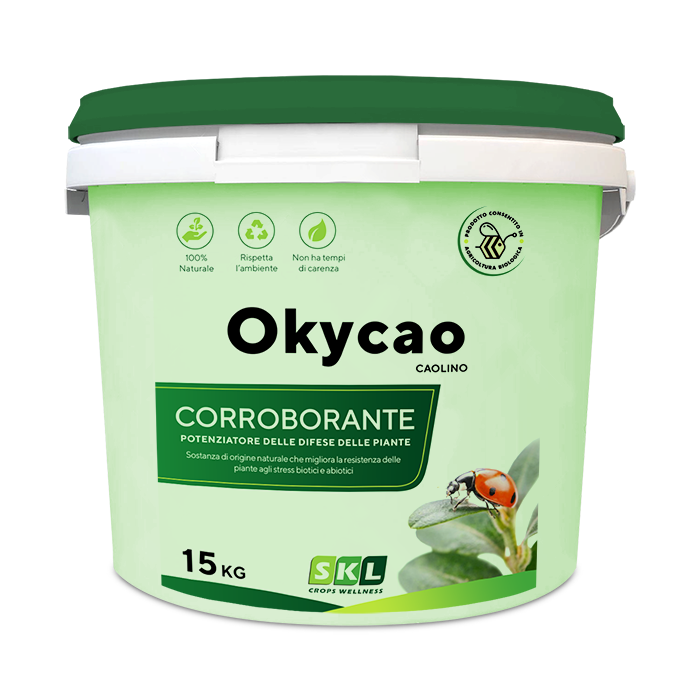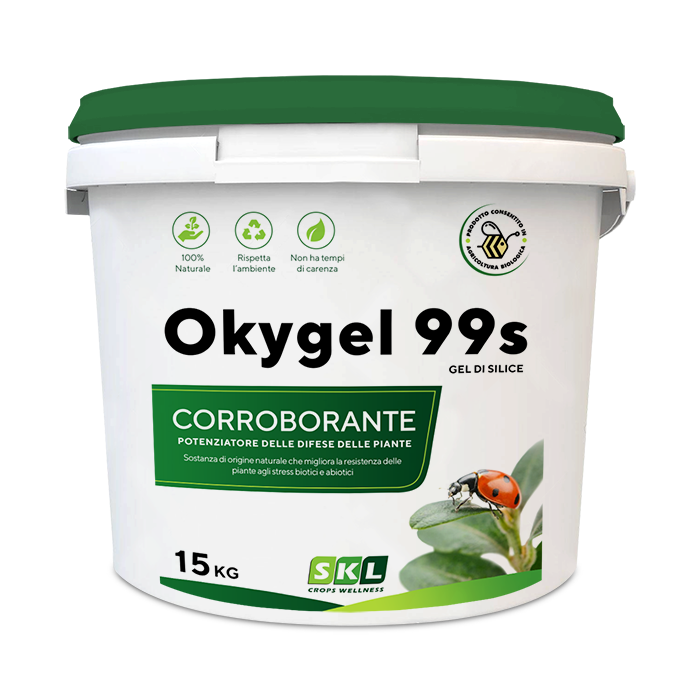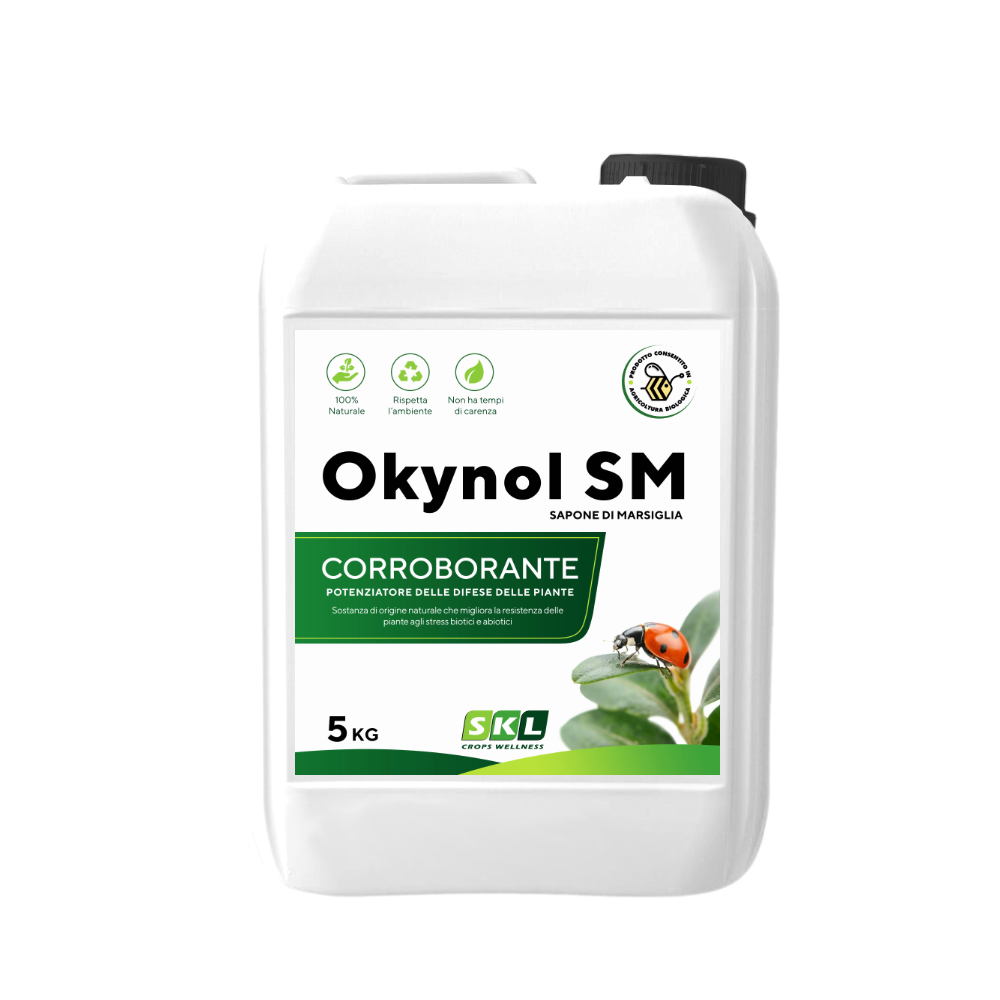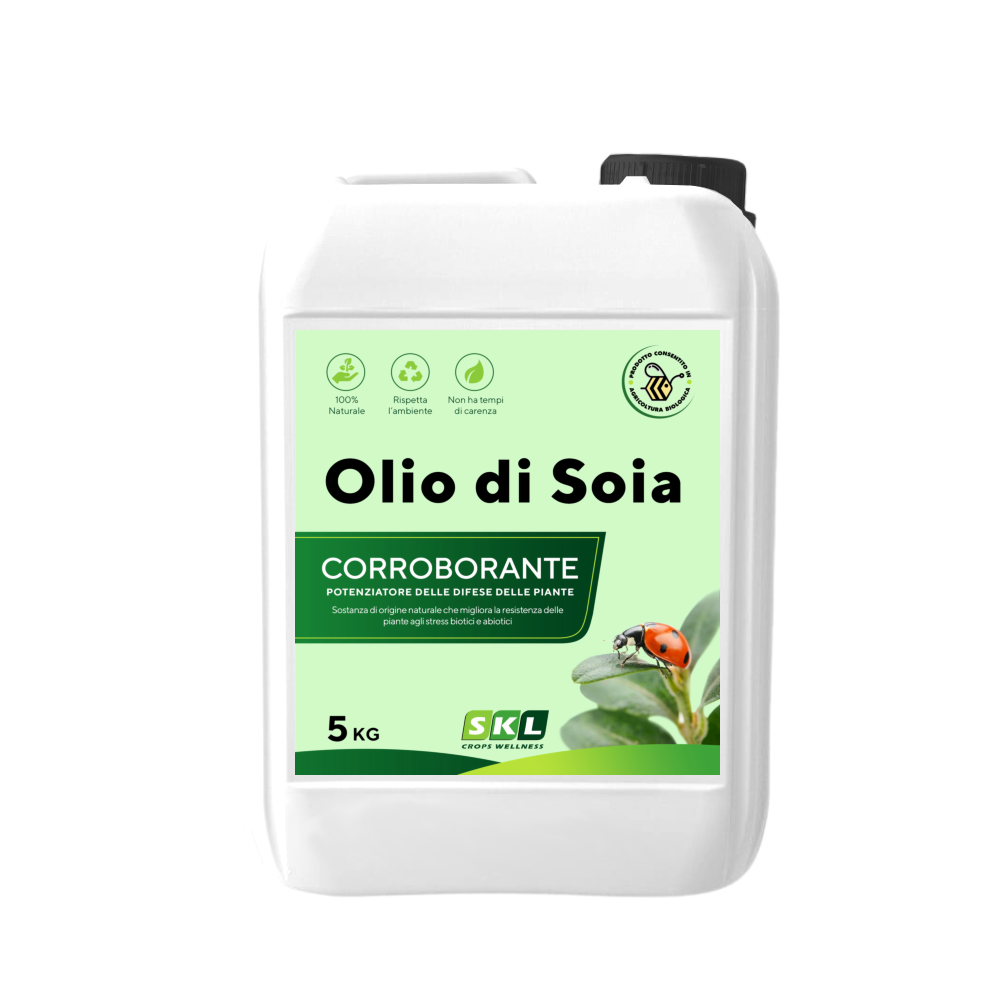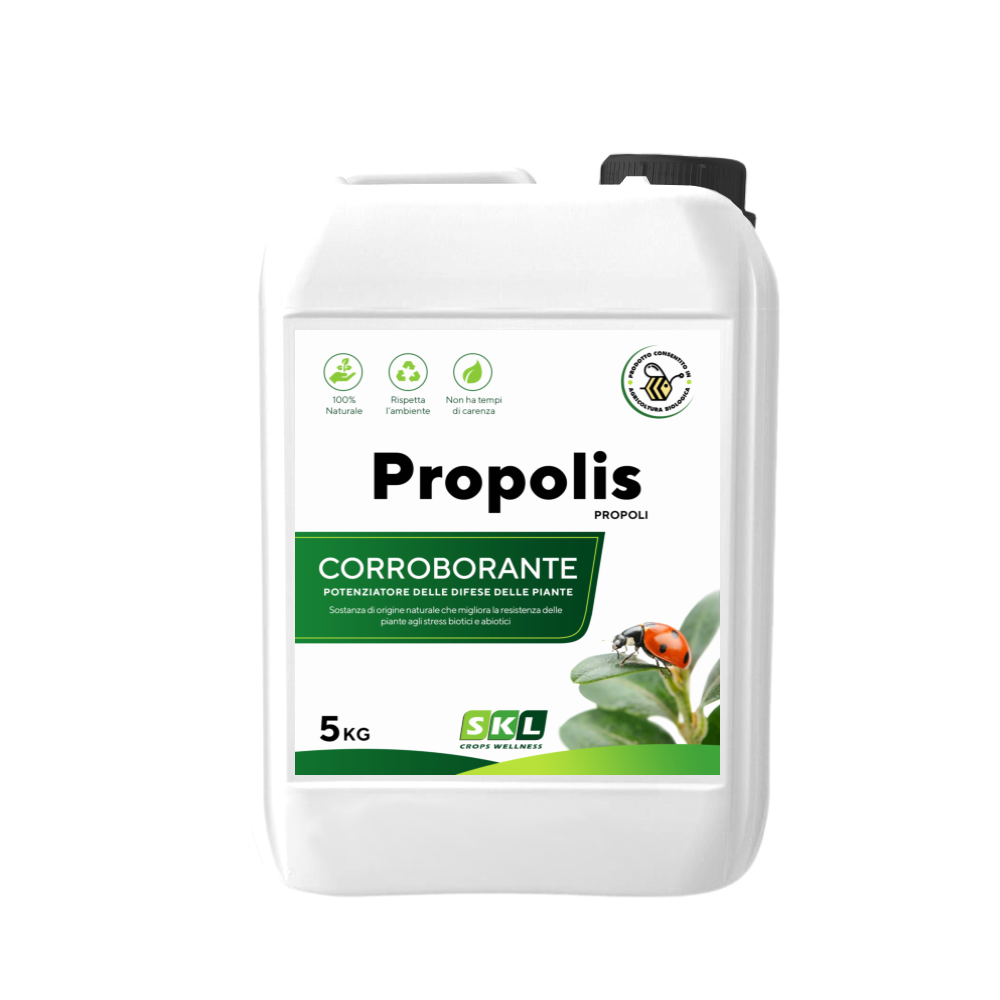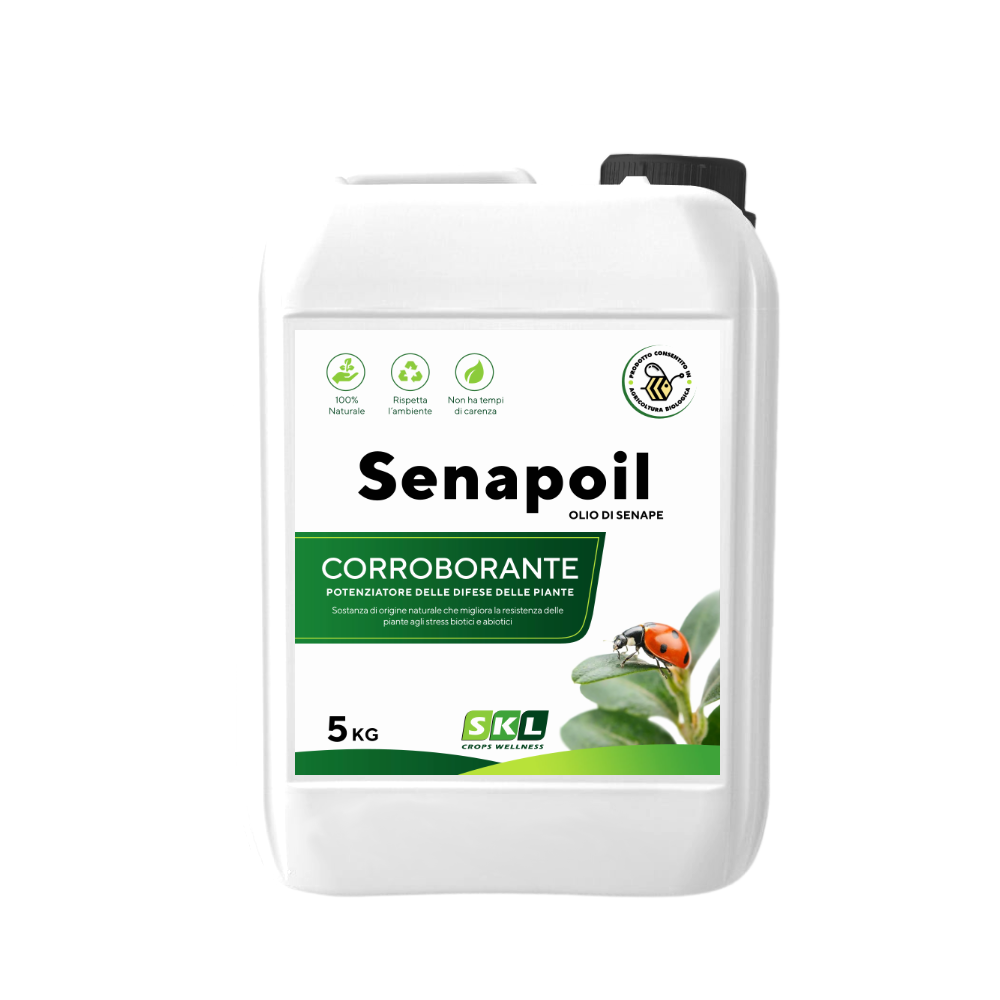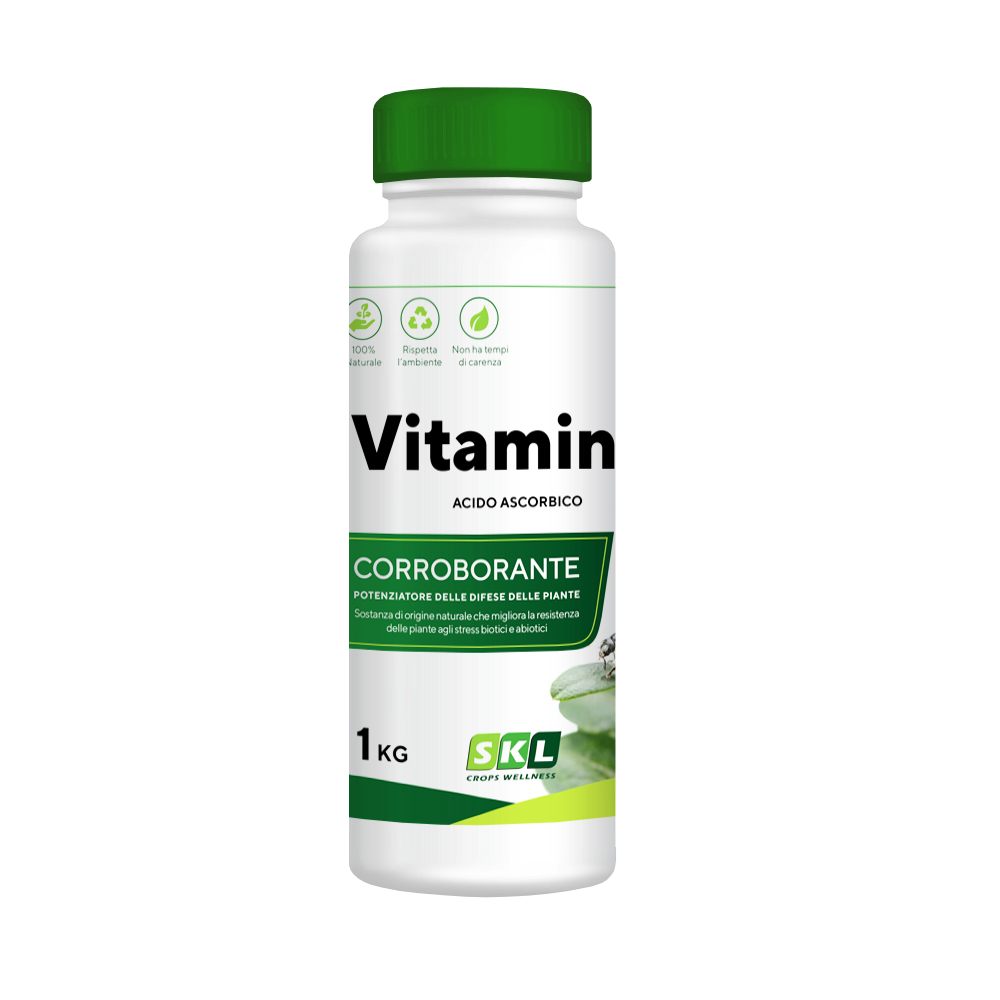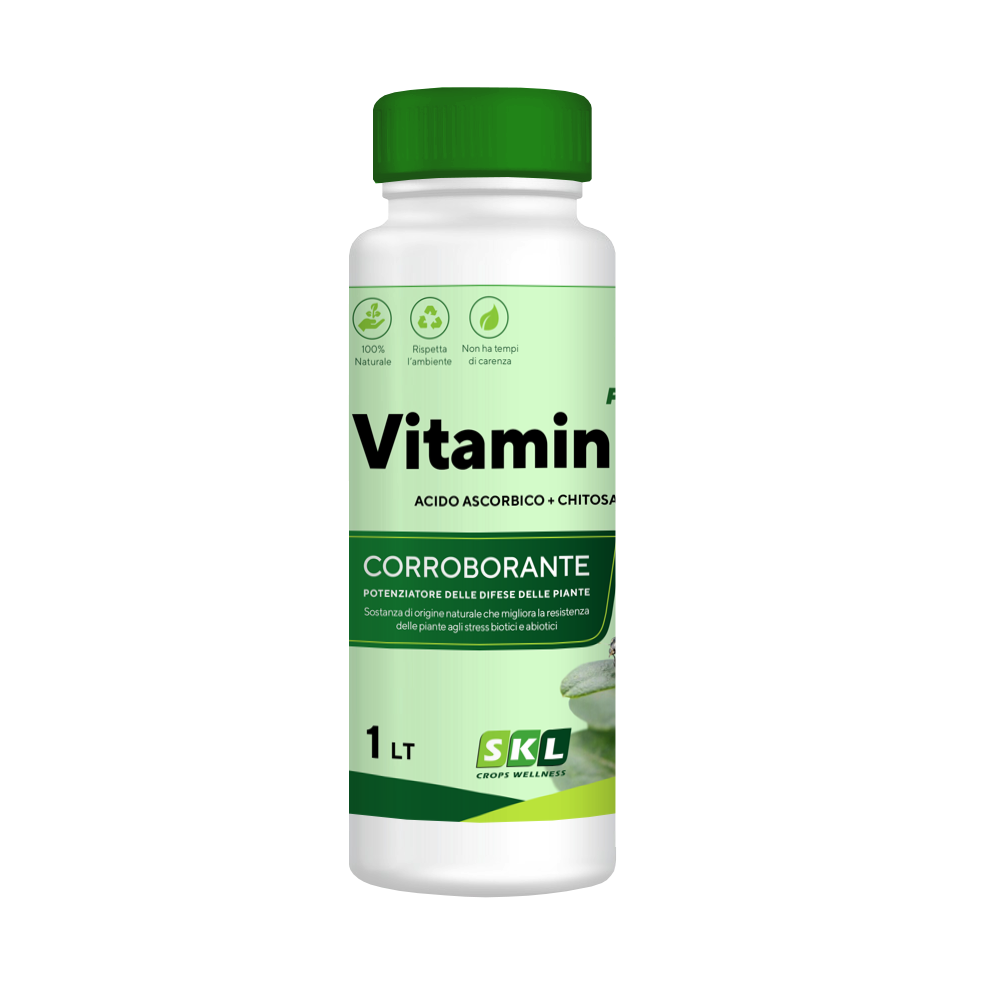Description
Lecinol 90 is composed of Soy Lecithin; its main action is to make plants and fruits more resistant to numerous physiopathies.
What is Soy Lecithin for Agriculture?
Soy Lecithin is a natural substance obtained from optimized mixtures in the form of an emulsifiable concentrate. The active ingredients that compose it are compatible with the environment and are harmless to humans. It leaves no residues and is commonly used in animal and human nutrition.
Soy lecithin is a generic term used to describe a group of amphiphilic fatty substances, often present in animals and plant tissues, which attract both water and fatty substances (both hydrophilic and hydrophobic). These substances are used to alter the consistency of foods, as emulsifiers and descalers. It has low solubility in water but is an excellent emulsifier.
What is Soy Lecithin used for in Agriculture?
In agriculture, Soy Lecithin has a preventive and fungistatic action, as it closes the main penetration routes. It effectively controls pathologies such as: Scab, Leaf curl, Powdery mildew, Peach leaf curl, Monilinia, and Downy mildew.
Lecinol 90 applied to plants is able to activate natural defense mechanisms, naturally countering fungal pathologies such as Powdery mildew, Peach leaf curl, Downy mildew, and Alternaria.
It strengthens and gives elasticity to the plant and fruit cell walls, preventing various physiopathies such as cracking, scorching, etc. When used near harvest, it gives the fruits greater hardness, brightness, and color, increasing their quality and organoleptic characteristics. After treatment, the fruits are more compact, shiny, and colorful, improving their organoleptic qualities. Thanks to its emulsifying properties, Lecinol 90 is also an excellent wetting agent.
Lecinol 90 can be mixed with all products allowed in Organic Agriculture, thanks to the absence of an alkaline, acidic, and sulfurous reaction.
Why use Lecithin in Organic Agriculture?
Lecithin is also classified as a Basic Substance and EFSA approves its preventive use against:
- Powdery mildew on Pome fruits, Stone fruits, Grapevine, Gooseberry, Cucumber, Lettuce, Valerian, Tomato, Endive, and Rose.
- Peach leaf curl on Stone fruits.
- Downy mildew on Grapevine
Dosage
| Crops |
Dosage (g/hl) |
|
Fruit trees |
200 - 300 g/hl |
|
Vine |
200 - 400 g/hl |
|
Ornamental plants |
200 - 300 g/hl |
|
Vegetable crops |
200 - 400 g/hl |


